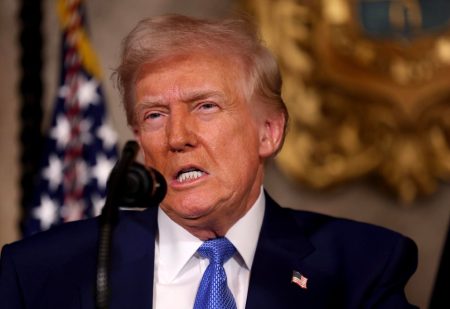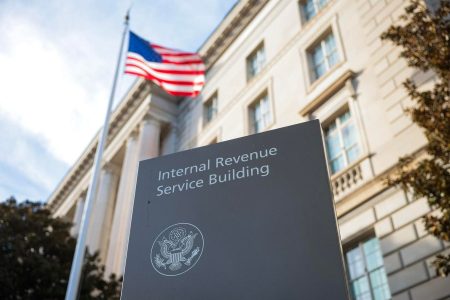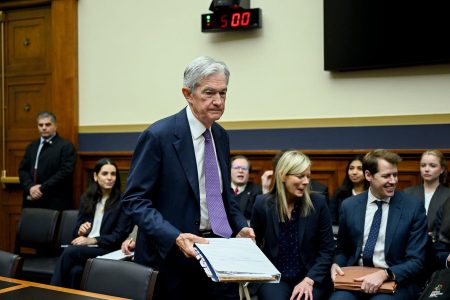The capital gains tax, a levy on profits from the sale of assets like stocks and real estate, is a subject of ongoing debate, particularly regarding its impact on economic growth and government revenue. Proponents of lower capital gains taxes argue that it incentivizes investment, fuels innovation, and ultimately benefits everyone through a stronger economy. Conversely, critics often contend that it primarily benefits the wealthy, exacerbates income inequality, and leads to lower government revenue. A deeper exploration of these arguments reveals the complexities of this tax and its potential consequences.
The core argument for reducing or eliminating the capital gains tax rests on the premise that it stifles investment and innovation. By taxing profits from successful ventures, the government effectively reduces the potential rewards for risk-taking. This disincentive can lead to less capital being invested in new businesses, research and development, and other growth-generating activities. With less capital flowing to these areas, the economy’s potential for expansion is curtailed, limiting job creation and overall prosperity. Moreover, proponents argue that a lower capital gains tax encourages investors to sell assets that have appreciated in value, freeing up capital that can then be reinvested in other ventures, further stimulating economic activity and creating a more dynamic and efficient allocation of resources. This “unlocking” of capital is seen as a crucial driver of innovation and economic growth.
Furthermore, advocates for lower capital gains taxes often point to the historical record as evidence of its positive impact on government revenue. They cite instances, such as the tax cuts under presidents Clinton and Bush, where reductions in the capital gains rate coincided with increased tax receipts. This phenomenon, they argue, is a direct result of increased investment activity and higher asset turnover, leading to a larger tax base despite the lower rate. This “dynamic scoring” perspective contends that traditional static revenue analysis, which simply multiplies the tax rate by the existing tax base, fails to account for the stimulative effects of tax cuts on economic activity. By encouraging investment and unlocking capital, lower capital gains taxes can, according to this view, generate more economic activity and ultimately lead to higher overall tax revenue.
The argument against lower capital gains taxes often centers on the issue of fairness and income distribution. Critics argue that reducing or eliminating this tax disproportionately benefits wealthy individuals and corporations, who are more likely to hold significant capital assets. This, they contend, exacerbates income inequality and creates a system where the rich get richer at the expense of the working class. They argue that the benefits of lower capital gains taxes, such as increased investment and economic growth, do not trickle down effectively to lower-income earners, leaving them further behind. Instead, they propose that the revenue generated from capital gains taxes could be used to fund social programs and investments that benefit a wider range of people, promoting a more equitable distribution of wealth.
Another argument against lowering capital gains taxes is the potential impact on government revenue. While proponents point to historical examples of increased revenue following rate cuts, critics argue that these are isolated incidents and that the long-term effect of lower rates is a reduction in government revenue. They maintain that the stimulative effects of tax cuts are often overstated and that the lost revenue could have been used to fund essential government services and programs, including education, healthcare, and infrastructure. A reduction in these services, they argue, could have negative consequences for the economy and society as a whole, outweighing any potential benefits from increased investment.
The debate over capital gains taxes is further complicated by the issue of inflation. Because the tax is levied on the nominal gain, rather than the real gain adjusted for inflation, investors can end up paying taxes on gains that are illusory. This is particularly true for assets held for a long time, during which inflation can significantly erode the real value of the gain. This “phantom tax” can discourage long-term investment and distort investment decisions, leading to a less efficient allocation of capital. Indexing capital gains to inflation is often proposed as a solution to this problem, ensuring that investors are only taxed on the real increase in their wealth.
The debate over capital gains taxes is a complex one, with valid arguments on both sides. Proponents of lower rates emphasize the positive impact on investment, innovation, and ultimately economic growth, while critics raise concerns about fairness, income inequality, and potential revenue losses. Ultimately, the optimal level of capital gains tax depends on a variety of factors, including the specific economic conditions, the overall tax system, and societal priorities regarding income distribution and government spending. A comprehensive understanding of these competing arguments and their underlying assumptions is essential for informed policymaking in this area.










